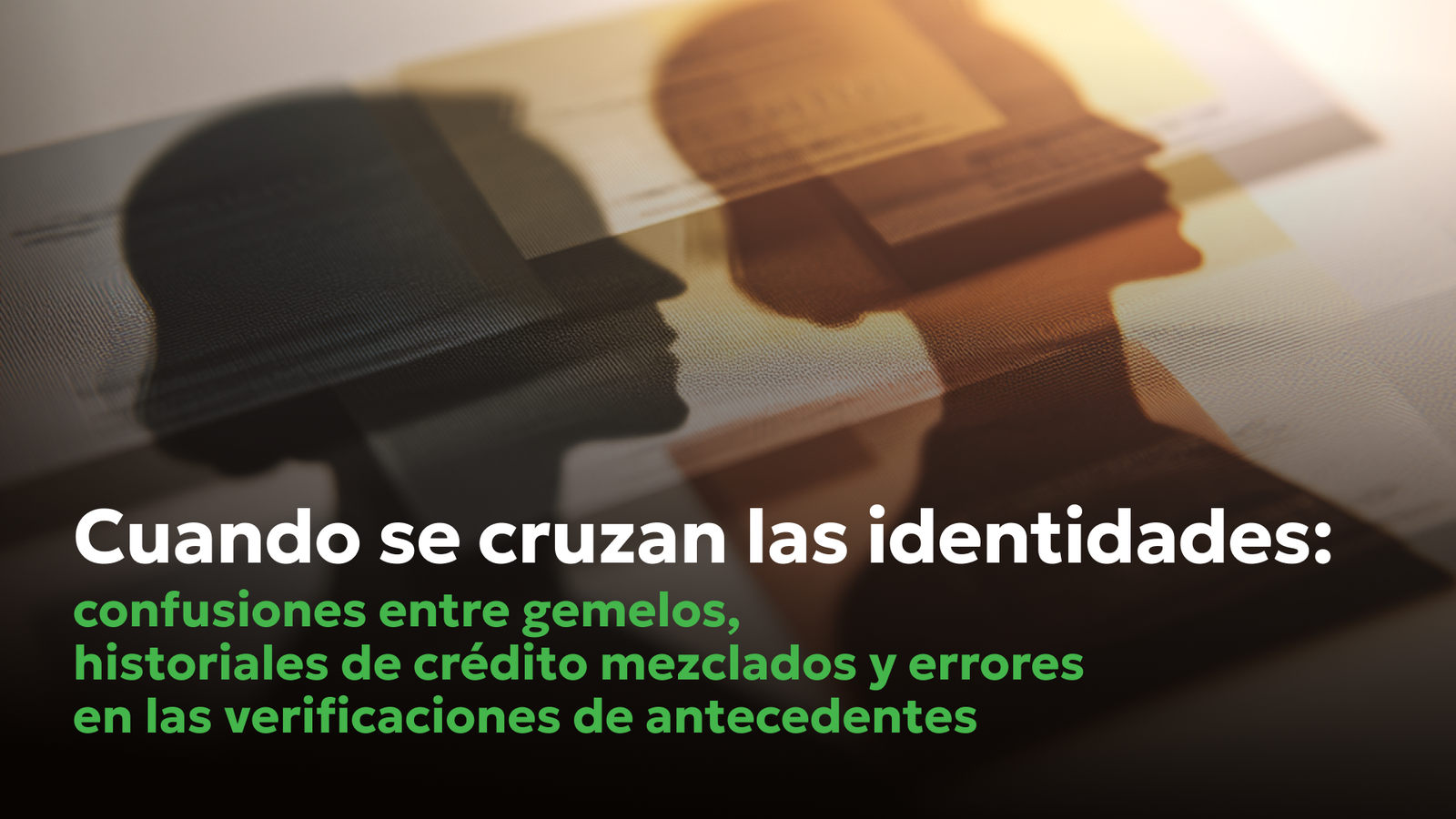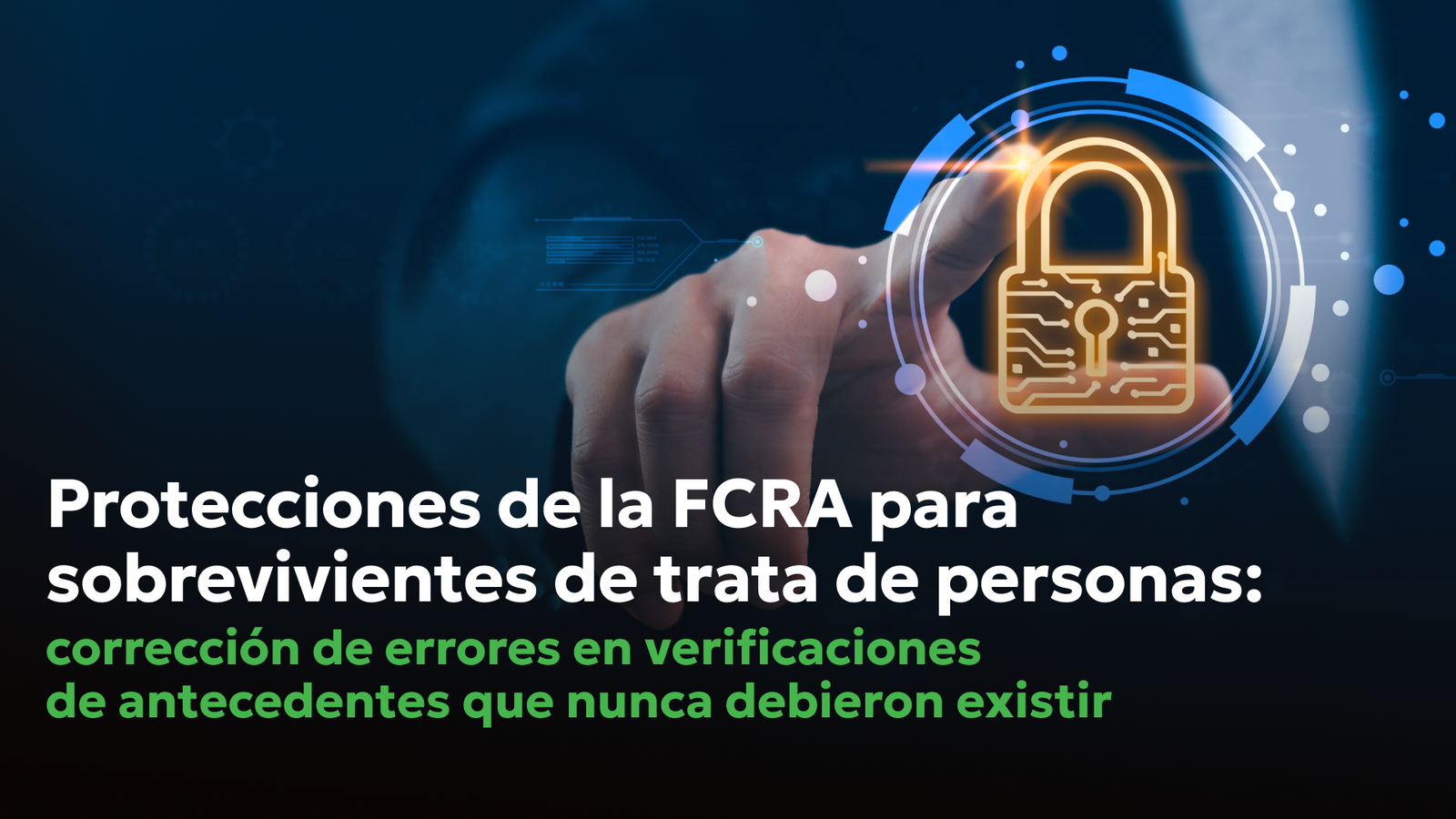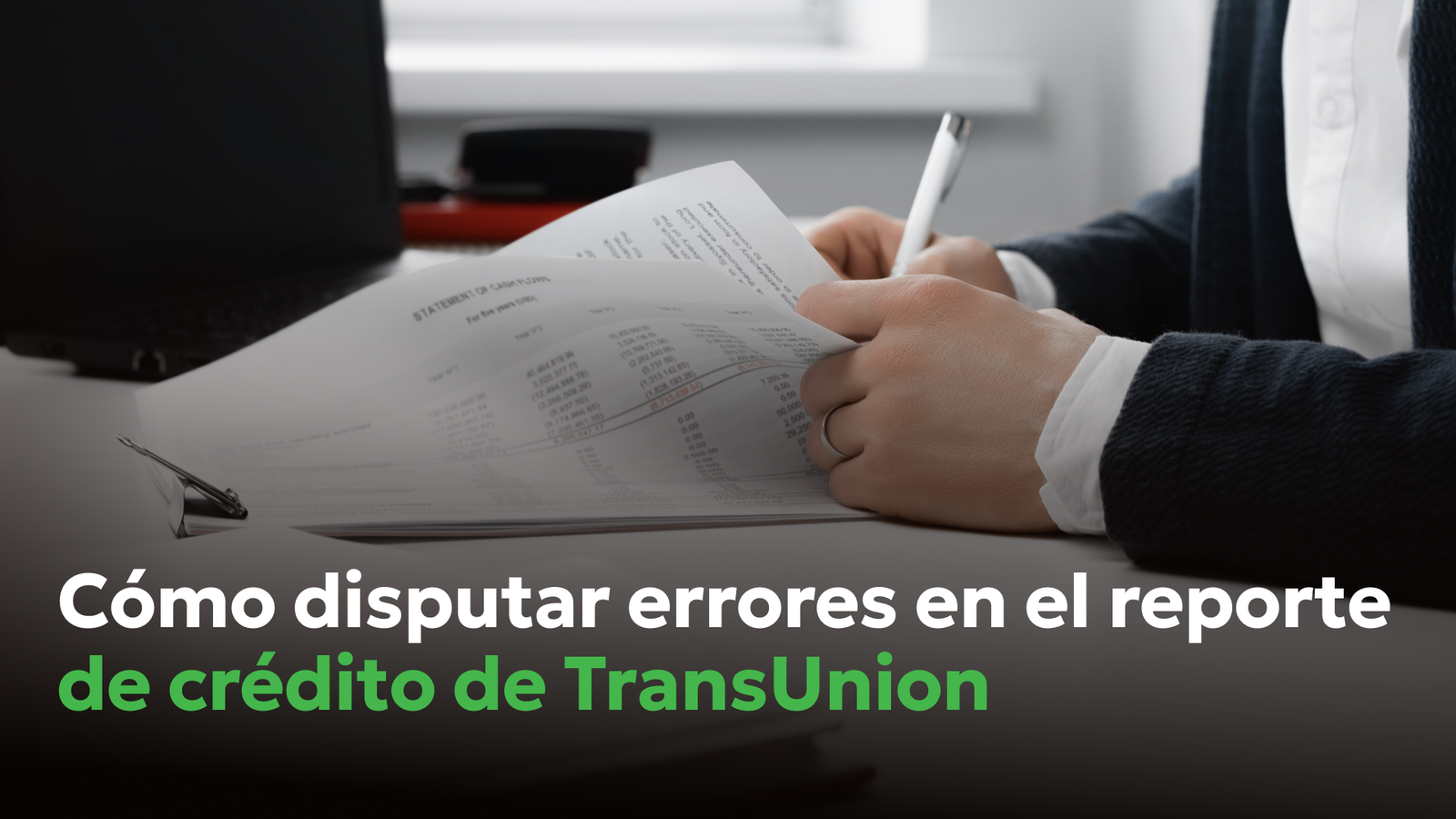Cómo disputar errores en el informe de crédito con Bank of America
- Blog
- Inexactitudes en los Informes de Crédito
Cómo disputar errores en el informe de crédito con Bank of America

Bank of America es líder en el sector de los servicios financieros. Pero incluso él puede cometer errores. A continuación le explicamos qué hacer cuando los comete.
Tanto si le han denegado un préstamo de Bank of America por un error en el informe crediticio como si ha sufrido algún tipo de perjuicio por los propios errores de Bank of America, usted tiene derecho a disputar los errores. También tiene derecho a contar con un asesor legal que lo represente mientras intenta responsabilizar a quien corresponda. Nosotros podemos ayudarle.
Los errores en los informes de crédito pueden afectar su bienestar financiero de muchas maneras. Los abogados de derecho del consumidor de Consumer Attorneys han ayudado a miles de personas que han experimentado tasas de interés más altas, denegaciones de préstamos, rechazos de empleo y denegaciones de arrendamiento debido a inexactitudes en los informes de crédito. Estos reveses financieros pueden provocar más daños a su estado mental, su carrera, su reputación y su bienestar general.
Monitorear sus informes crediticios y las instituciones que brindan su información a las agencias de informes del consumidor (CRAs) es crucial para mantener su bienestar financiero y frustrar los efectos corrosivos de los errores antes de que puedan erosionar su situación financiera. Este artículo explica por qué y cómo una persona debe disputar errores en el informe de crédito con Bank of America.
Bank of America
Bank of America es una de las instituciones financieras más grandes del mundo. Ofrece muchos servicios financieros a los consumidores, entre los que se incluyen:
- Préstamos hipotecarios, de automóviles y personales.
- Una variedad de opciones de tarjetas de crédito adaptadas a diferentes necesidades y hábitos de gasto.
- Cuentas corrientes y de ahorro, banca en línea y servicios de inversión.
- Puntaje FICO en línea, monitoreo de crédito y herramientas de protección contra robo de identidad.
Bank of America debe reportar información financiera a las tres principales CRAs: Experian, Equifax y TransUnion. La información que reporta Bank of America debe ser precisa. Las tres CRAs elaboran informes crediticios que los prestamistas utilizan para determinar su solvencia.
Errores en los informes de crédito
Los errores en los informes crediticios pueden ocurrir por varias razones y pueden tener graves consecuencias para su bienestar financiero. Los errores comunes en los informes crediticios de Experian, Equifax y TransUnion incluyen información personal incorrecta, errores de cuenta, cuentas duplicadas, información desactualizada y cuentas fraudulentas. Cómo y si Bank of America tiene alguna responsabilidad por crear o transmitir estos errores, determinará cómo proceder en una disputa para corregir errores.
Errores de Bank of America
Incluso una institución acreditada como Bank of America puede cometer errores. Los errores comunes de Bank of America que pueden aparecer en su informe crediticio incluyen:
| Categoría | Descripción |
|---|---|
| Estado de cuenta incorrecto | Una cuenta marcada como morosa o en cobranza a pesar de haber sido pagada a tiempo. |
| Saldos incorrectos | Los saldos incorrectos pueden afectar negativamente su índice de utilización de crédito. |
| Listados duplicados | Múltiples listados de la misma cuenta pueden inflar artificialmente sus niveles de deuda. |
| Errores en el historial de pagos | Informes incorrectos de pagos atrasados o atrasados que realizó a tiempo. |
Además, Bank of America ofrece puntuaciones FICO de TransUnion a sus clientes. Cualquier error o inexactitud en un informe crediticio de TransUnion afectará las puntuaciones y los datos que obtenga de Bank of America.
Por último, el mal manejo de un informe de robo de identidad por parte de Bank of America puede afectar gravemente su puntaje crediticio al permitir que no se aborden actividades fraudulentas. Esto puede generar actividad no autorizada, lo que puede reducir drásticamente su puntaje crediticio. Si Bank of America no actúa con prontitud o correctamente, puede ser responsable de daños y perjuicios. El recurso legal podría comenzar con una disputa sobre el informe de crédito de Bank of America y, con la ayuda de un abogado para asistirle en las disputas sobre informes de crédito, puede lleva a acciones legales para obtener una compensación por pérdidas financieras, costos de reparación de crédito y angustia emocional.
Cómo puede ayudar un abogado del consumidor
Navegar por el proceso de disputar errores en informes crediticios puede ser complejo y llevar mucho tiempo. Aquí es donde un abogado de derecho del consumidor puede ser invaluable para identificar la fuente del error.
- ¿Transmitió Bank of America información inexacta a las CRAs? Si es así, ¿cuál fue esa información, quién la vio y qué daño causó?
- ¿El error fue el resultado de alguna falta de comunicación o falla de datos entre TransUnion y Bank of America en el curso del servicio de monitoreo de crédito de Bank of America?
- ¿No respondió Bank of America adecuadamente al robo de identidad?
- ¿Bank of America le rechazó un préstamo debido a un error en un informe crediticio?
Una vez que Consumer Attorneys determine dónde se originó el error, podemos ayudarle a disputarlo con la parte correspondiente. Recuerde, su informe crediticio es una herramienta vital en su conjunto de herramientas financieras. Garantizar su precisión no se trata sólo de corregir errores, sino de proteger su bienestar financiero. Busque ayuda si la necesita y tome el control de su futuro financiero hoy.
Preguntas más frecuentes
Sí, Bank of America informa a las agencias de informes de los consumidores (CRAs). Al igual que otras instituciones financieras importantes, proporciona información sobre sus cuentas de crédito, como historial de pagos, saldos de cuentas y límites de crédito, a las tres principales CRAs: Experian, Equifax y TransUnion. Esta información es fundamental para que las CRAs mantengan un informe crediticio preciso y determinen su puntuación crediticia, y la información debe ser exacta. Los pagos constantes y puntuales y la gestión responsable de las cuentas repercutirán positivamente en su puntuación crediticia. Los pagos atrasados o los saldos elevados pueden tener efectos negativos. Supervisar regularmente sus informes de crédito puede ayudarle a asegurarse de que la información que Bank of America reporta es precisa y exacta.
Bank of America no utiliza exclusivamente una oficina de crédito. Informa y utiliza las tres principales agencias de crédito: Experian, Equifax y TransUnion. Esta información exhaustiva garantiza que las principales agencias de información crediticia reflejen con exactitud su información crediticia. Al evaluar las solicitudes de crédito o la solvencia crediticia, Bank of America puede obtener un informe de crédito de cualquiera de estas agencias. Por lo tanto, debe supervisar los informes de crédito de las tres agencias para garantizar la coherencia y exactitud de la información reportada. Bank of America sí ofrece un servicio que proporciona a sus clientes una calificación FICO para que los clientes puedan supervisar dicha calificación. Bank of America utiliza la puntuación FICO que calcula TransUnion


Daniel Cohen es el fundador de Consumer Attorneys. Daniel gestiona los esfuerzos de branding, marketing, captación de clientes y desarrollo de negocio de la firma. Desde 2017 es miembro de la Asociación Nacional de Defensores del Consumidor y del Centro Nacional de Derecho del Consumidor. Es reconocido nacionalmente en la protección de los consumid... Leer más





Artículos relacionados




R
ES™Usted no asume ningún gasto. La ley exige que ellos paguen.


